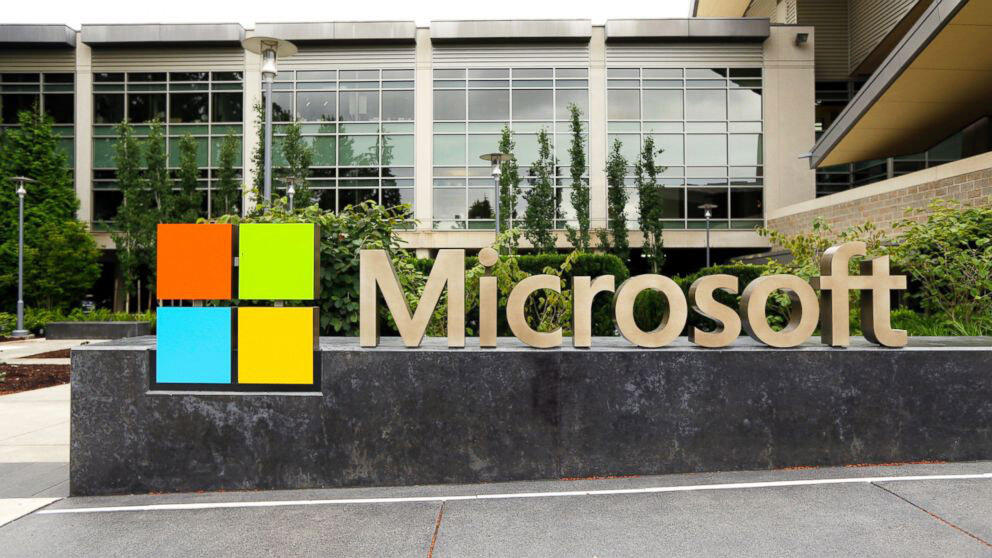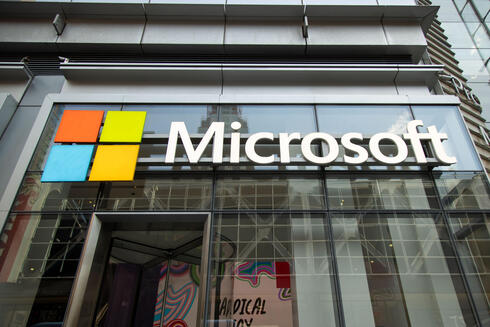
Gaza protesters occupy Microsoft President’s office, forcing HQ lockdown
Protesters breach Building 34 in Redmond, demanding the tech giant cut ties with Israel amid Gaza war.
Microsoft’s headquarters in Redmond, Washington, became the latest flashpoint in a widening debate over whether the company’s cloud and AI technologies are being used by the Israeli military in Gaza.
On Tuesday, a small group of current and former employees affiliated with the activist collective No Azure for Apartheid entered a building on the company’s campus and gained access to the office of Brad Smith, Microsoft’s president. The protesters delivered what they described as a court summons and accused Microsoft of complicity in mass surveillance of Palestinians.
Smith later said that seven people “stormed a building, occupied an office, blocked other people out, and planted listening devices, even in crude form - cell phones hidden under couches and behind books.” Two of those involved were Microsoft employees.
“When they’re asked to leave and they refuse, that’s not OK,” Smith told reporters, adding that Redmond police were called to physically remove the protesters from the premises.
The protests come just a week after Microsoft said it had commissioned Covington & Burling, a prominent Washington law firm, and an outside technical consultancy to investigate fresh claims that its Azure cloud services are being used by Israel’s military to conduct mass surveillance in Gaza and the West Bank.
Related articles:
Those allegations were first detailed in an August 6 investigation by The Guardian, which reported that Israel’s Defense Forces were storing intercepted phone call data on Microsoft’s systems. Such use, if confirmed, would violate Microsoft’s own terms of service, which prohibit weaponization of its technology and the handling of data obtained through unlawful surveillance.
Microsoft previously conducted an internal inquiry that found “no evidence” that its Azure or AI tools had been used to harm civilians or facilitate prohibited surveillance. But the company acknowledged that The Guardian’s reporting contained “additional and precise allegations that merit a full and urgent review.”
The company has said it will publish the factual findings of the independent review.
Microsoft has confirmed that it provides cloud services, cybersecurity tools, and AI applications, including language translation, to Israel’s Ministry of Defense. The company also acknowledged offering “limited emergency support” in the weeks following Hamas’s October 7, 2023 attacks, which it described as narrowly focused on hostage rescue operations and carried out under significant oversight.
Microsoft insists its contracts with the Israeli government remain bound by its AI Code of Conduct and Acceptable Use Policy, both of which prohibit the infliction of harm or engagement in unlawful activities.
Still, the company has little direct visibility into how its software is deployed once installed on private or government-operated systems. “Militaries typically rely on proprietary tools from defense contractors, not commercial platforms like Azure,” Microsoft has said.
